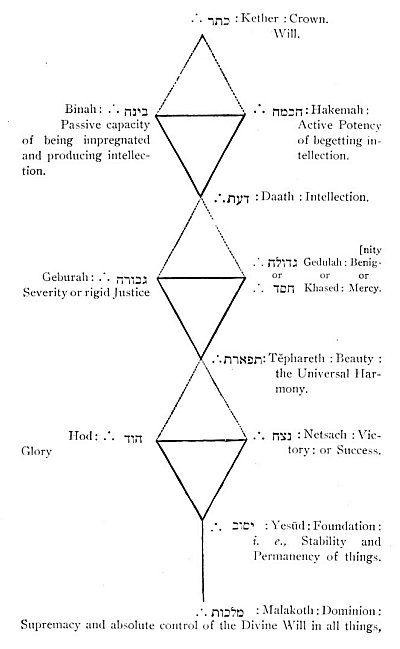The failure of fanciful religion to become philosophy, does not preclude philosophy from coinciding with true religion. Philosophy, or rather its object, the divine order of the Universe, is the intellectual guide which the religious sentiment needs; while exploring the real relations of the finite, it obtains a constantly improving and self-correcting measure of the perfect law of the Gospel of Love and Liberty, and a means of carrying into effect the spiritualism of revealed religion. It establishes law, by ascertaining its terms; it guides the spirit to see its way to the amelioration of life and the increase of happiness. While religion was stationary, science could not walk alone; when both are admitted to be progressive, their interests and aims become identified. Aristotle began to show how religion may be founded on an intellectual basis; but the basis he laid was too narrow. Bacon, by giving to philosophy a definite aim and method, gave it at the same time a safer and self-enlarging basis. Our position is that of intellectual beings surrounded by limitations; and the latter being constant, have to intelligence the practical value of laws, in whose investigation and application consists that seemingly endless career of intellectual and moral progress which the sentiment of religion inspires and ennobles. The title of Saint has commonly been claimed for those whose boast it has been to despise philosophy; yet faith will stumble and sentiment mislead, unless knowledge be present, in amount and quality sufficient to purify the one and to give beneficial direction to the other.
p. 711
Science consists of those matured inferences from experience which all other experience confirms. It is no fixed system superior to revision, but that progressive mediation between ignorance and wisdom in part conceived by Plato, whose immediate object is happiness, and its impulse the highest kind of love. Science realizes and unites all that was truly valuable in both the old schemes of mediation; the heroic, or system of action and effort; and the mystical theory of spiritual, contemplative communion. “Listen to me,” says Galen, “as to the voice of the Eleusinian Hierophant, and believe that the study of nature is a mystery no less important than theirs, nor less adapted to display the wisdom and power of the Great Creator. Their lessons and demonstrations were obscure, but ours are clear and unmistakable.”
To science we owe it that no man is any longer entitled to consider himself the central point around which the whole Universe of life and motion revolves–the immensely important individual for whose convenience and even luxurious ease and indulgence the whole Universe was made. On one side it has shown us an infinite Universe of stars and suns and worlds at incalculable distances from each other, in whose majestic and awful presence we sink and even our world sinks into insignificance; while, on the other side, the microscope has placed us in communication with new worlds of organized livings beings, gifted with senses, nerves, appetites, and instincts, in every tear and in every drop of putrid water.
Thus science teaches us that we are but an infinitesimal portion of a great whole, that stretches out on every side of us, and above and below us, infinite in its complications, and which infinite wisdom alone .can comprehend. Infinite wisdom has arranged the infinite succession of beings, involving the necessity of birth, decay, and death, and made the loftiest virtues possible by providing those conflicts, reverses, trials, and hardships, without which even their names could never have been invented.
Knowledge is convertible into power, and axioms into rules of utility and duty. Modern science is social and communicative. It is moral as well as intellectual; powerful, yet pacific and disinterested; binding man to man as well as to the Universe; filling up the details of obligation, and cherishing impulses of virtue, and, by affording clear proof of the consistency and identity of all
p. 712
interests, substituting co-operation for rivalry, liberality for jealousy, and tending far more powerfully than any other means to realize the spirit of religion, by healing those inveterate disorders which, traced to their real origin, will be found rooted in an ignorant assumption as to the penurious severity of Providence, and the consequent greed of selfish men to confine what seemed as if extorted from it to themselves, or to steal from each other rather than quietly to enjoy their own.

Moe is the founder of GnosticWarrior.com. He is a father, husband, author, martial arts black belt, and an expert in Gnosticism, the occult, and esotericism.





